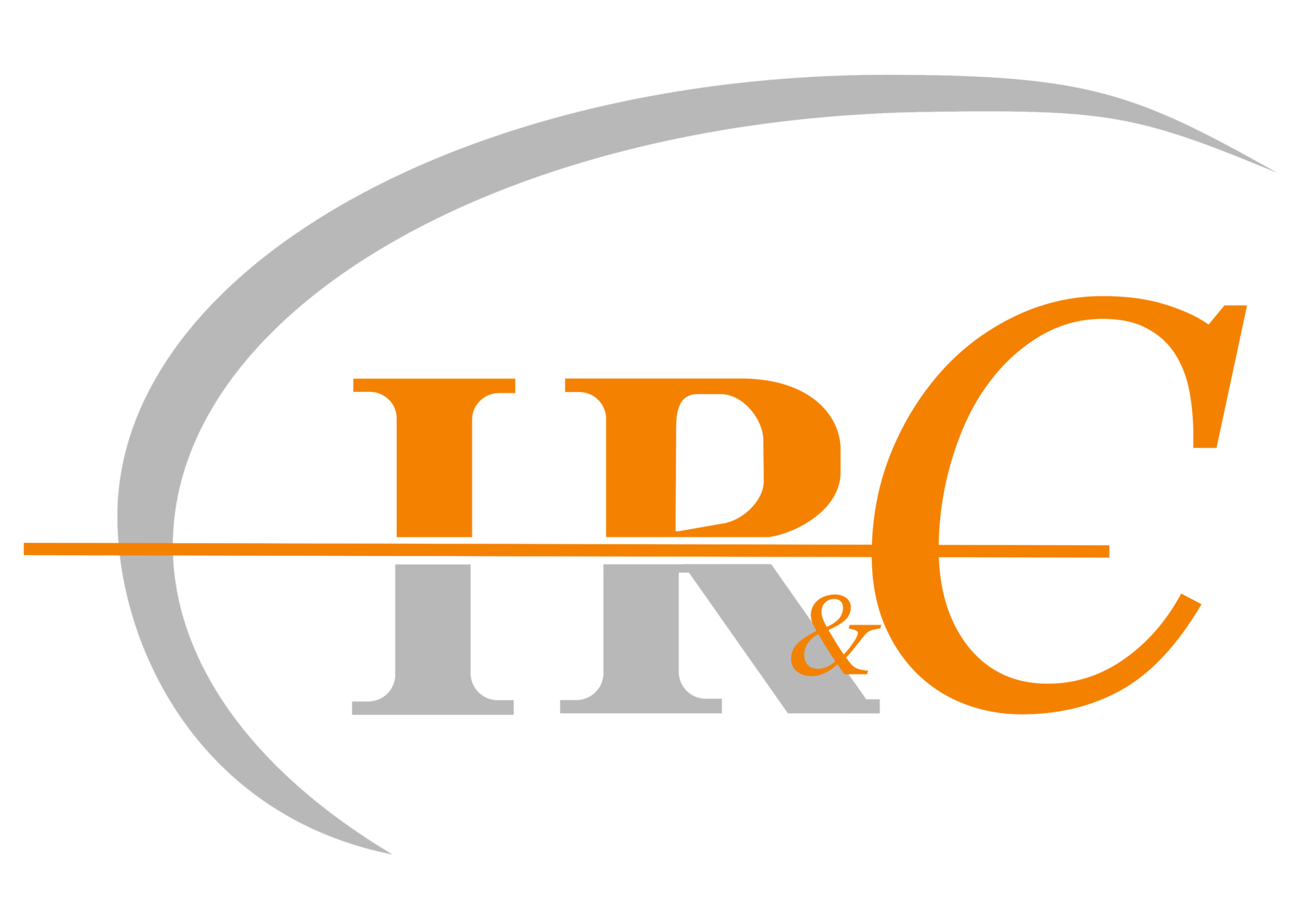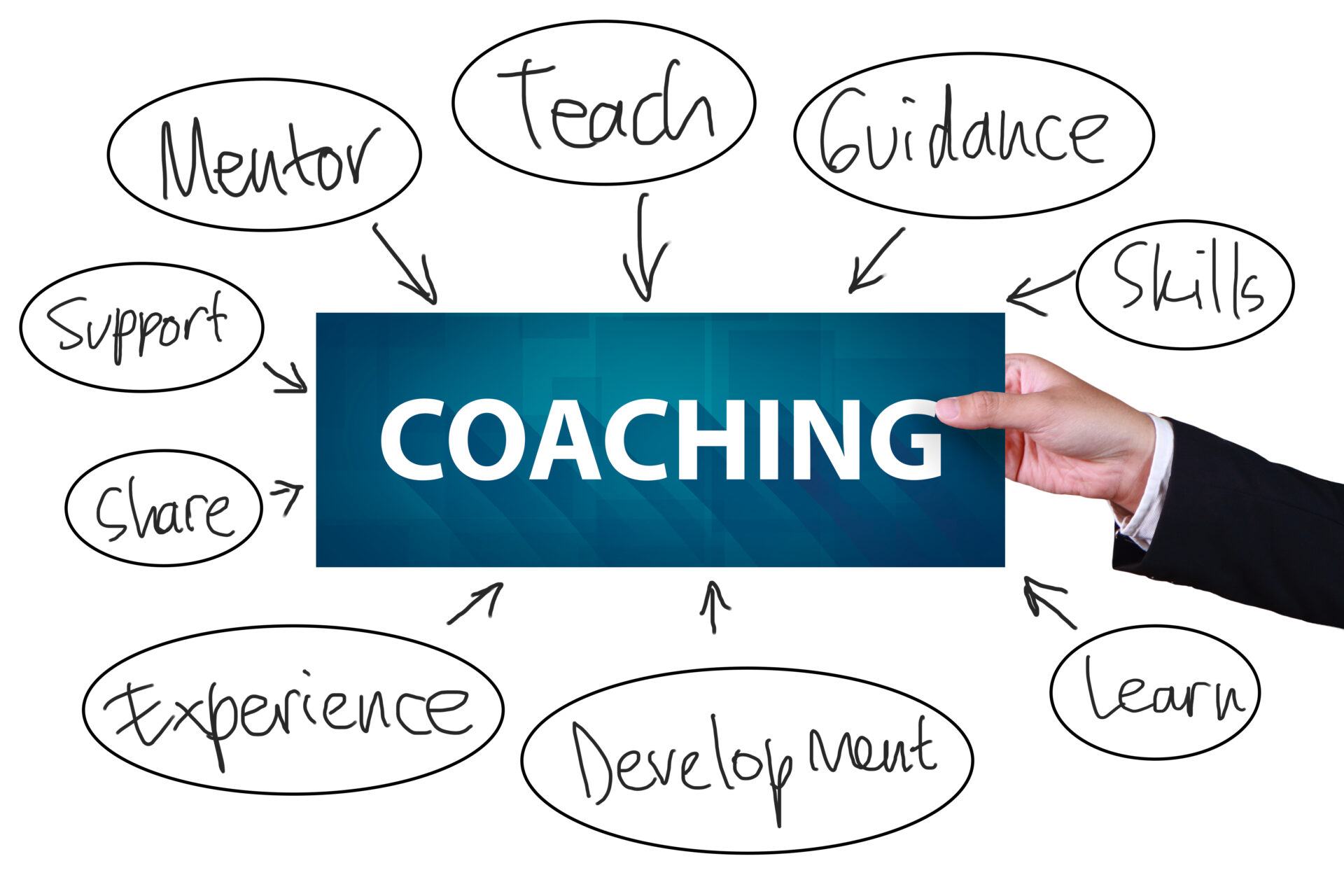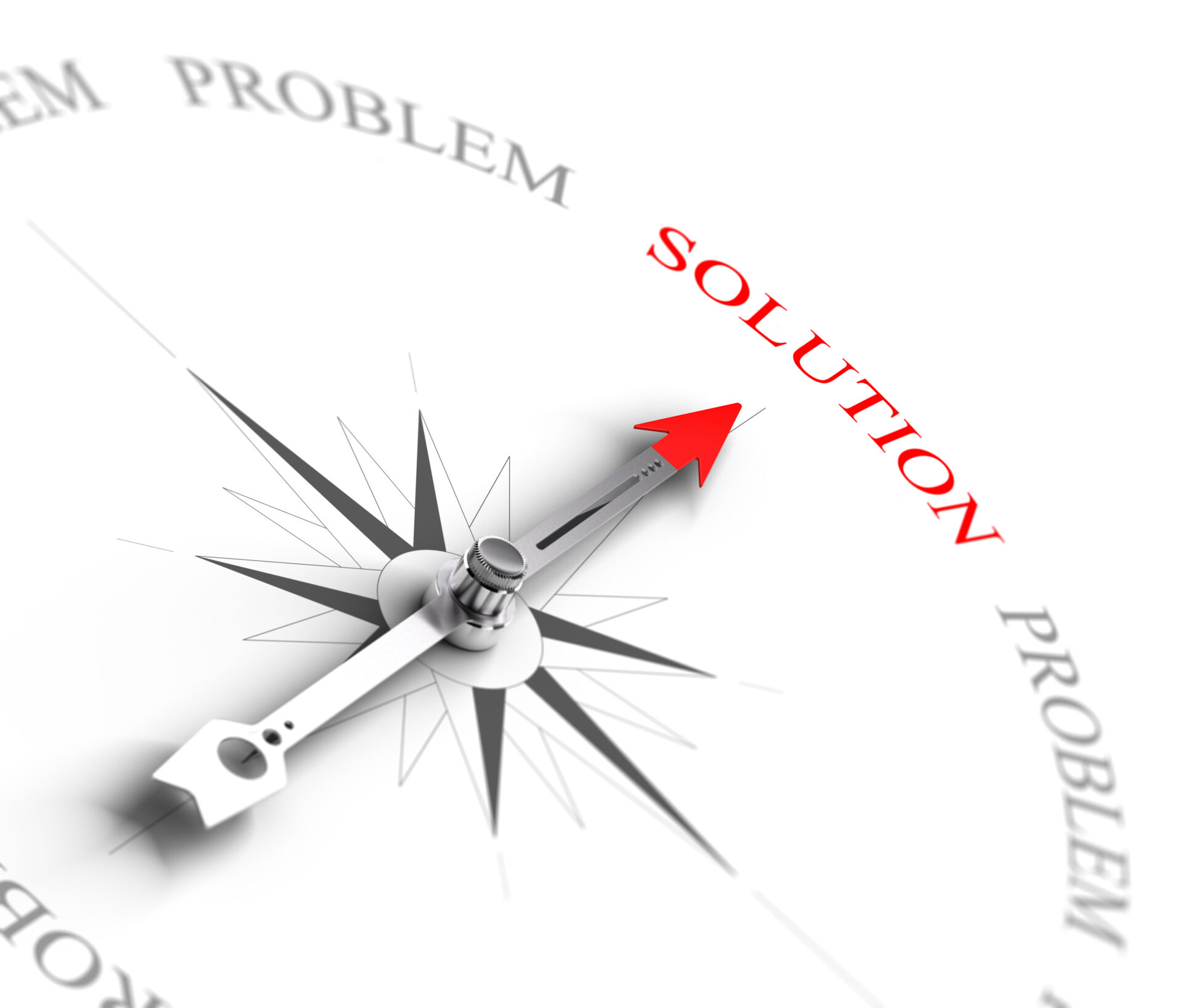Coaching
What is coaching?
Coaching…
- originally comes from the Anglo-American world and stands for the coaching of athletes before and during competition. ("coach" = trainer)
- is an accompanying, time-limited consultation of a person or a group by a coach.
- is designed to help you clarify and cope with the demands of your job.
- should open up access to possibilities and solutions.
As a "coachee"...
- is often used to describe the person being advised. This term has developed analogously to the term pair "trainer - trainee". However, most coaches prefer the term "client" or "customer".
Topics and occasions for coaching
- Stress in the workplace
- Personal crises at the workplace
- Compatibility of career and family
- Change in professional situation
- Lack of feedback on own behavior
- Desire for someone to talk to about professional and private matters
- Burnout
- Bullying
Goals
Coaching serves...
- the expansion of management skills
- the improvement of problem-solving skills
- Coping with personal crises and support in acute conflicts
- Helping people to help themselves
The consultant works with the client, rather than for the client, to develop individually appropriate solutions to the relevant problems.
Prerequisites for a successful coaching process
- Voluntariness
Coaching takes place on a voluntary basis. The client has an independent and justified interest in counseling. - Mutual trust
Trust between coach and client and mutual respect must be given by both parties. - Confidentiality
The content discussed in coaching sessions remains confidential and is in no way used to assess the client for the purposes of third parties.
Procedure of a coaching process
- Need for advice: Recognizing the desire for individual support or change
- First acquaintance: Contact and initial consultation
- Conclusion of contract: Conclusion of a contract in which the place, time, payment, frequency of meetings and the topics of the coaching are agreed.
- Clarification of the initial situation: The actual and target states are determined.
- Target determination: Goals and solutions are developed.
- Interventions: Talks and other measures.
- Evaluation: Review of target achievement
- Conclusion: Formal end of the coaching.
What is coaching not?
Coaching is...
- no psychotherapy
Psychotherapy is used to treat mental disorders or illnesses. Coaching is future-oriented and is intended to help achieve personal or professional goals. - no supervision
Both coaching and supervision are forms of professional counseling. Both forms have a similar approach. Supervision originates from the social, educational and therapeutic fields and is used by professional groups in which it is important to shape interpersonal relationships professionally. - no training
The purpose of training is to learn a method or technique. In coaching, the client's primary aim is not to acquire new skills but to make optimum use of existing talents and potential. - no organizational and management consulting
While these forms of counseling offer suggested solutions, the aim of coaching is to encourage the client to develop their own solutions.



